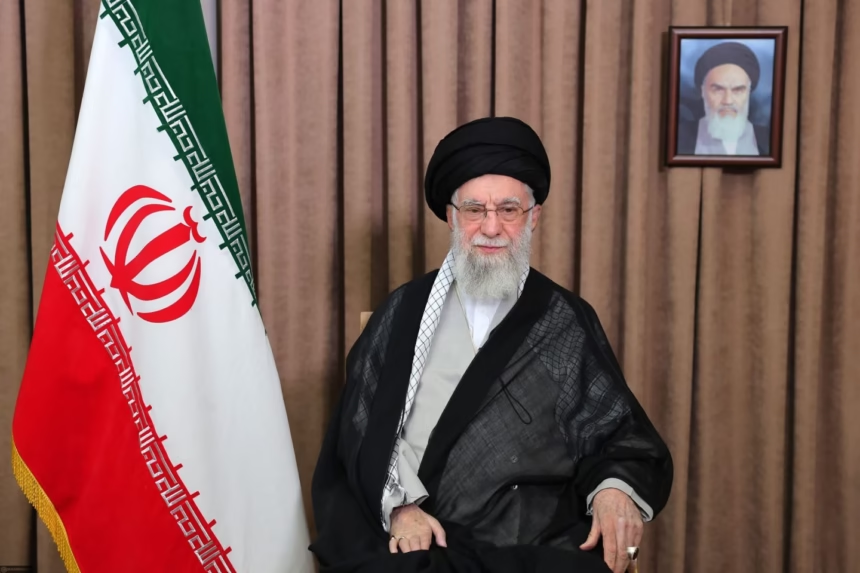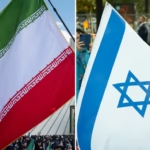The Iranian military claimed responsibility on Monday for an attack on Al Udeid Air Base in Qatar, the largest U.S. military installation in the Middle East. This strategic site, which hosts the forward headquarters of U.S. Central Command (CENTCOM), was among the expected targets in the event of Iranian retaliation following the United strikes on its nuclear facilities, according to The New York Times.
U.S. and Israeli officials, speaking on condition of anonymity due to the sensitivity of the information, confirmed they had detected signs of an imminent strike on the base.
Earlier in the day, the U.S. and British embassies in Doha had issued shelter-in-place alerts to their citizens. The Qatari government subsequently closed its airspace, adding to the growing regional tensions.
This escalation comes one day after a joint U.S.-Israeli air raid on three Iranian nuclear sites.
On Monday, Israel launched additional strikes targeting a paramilitary headquarters, a notorious prison, and roads leading to the underground Fordow facility, which Pentagon officials say sustained heavy damage. In response, Iran launched missile salvos, forcing Israeli civilians to seek refuge in bomb shelters.
Despite calls for restraint from the European Union and the International Atomic Energy Agency (IAEA), U.S. President Donald Trump reaffirmed American support for Israel. “Iran’s nuclear program has been completely obliterated,” he declared, though senior officials admitted they could not yet confirm the status of Iran’s enriched uranium stockpile.
Israeli Prime Minister Benjamin Netanyahu stated on national television that Israel is “very, very close” to achieving its military objectives, while remaining vague about the end of hostilities.
The Israeli military also issued a renewed warning to Tehran’s residents, saying that further strikes were imminent.
The New York Times reported that Iranian Foreign Minister Abbas Araghchi had met with Russian President Vladimir Putin in Moscow shortly before the strike on the base in Qatar.
While President Putin condemned the U.S. strikes as a “totally unjustified act of aggression,” he stopped short of offering Iran direct military assistance.
U.S. officials now fear renewed attacks by Iran-backed militias on American bases in Iraq and Syria. Although Iran has depleted part of its medium-range missile arsenal, it reportedly retains a large stockpile of rockets and drones capable of striking targets with minimal warning, according to The New York Times, which also highlighted the potential global economic impact of the conflict.
Markets remain cautious amid concerns over possible disruptions to oil shipments through the Strait of Hormuz.
Following the U.S. airstrikes on Iran’s nuclear sites, American officials stated they had no intention of continuing the war unless provoked. “If Iranian authorities do not retaliate, there will be no further American attacks,” said U.S. Secretary of State Marco Rubio.
The U.S. raid, carried out using B-2 bombers and Tomahawk missiles launched from a submarine, reportedly caused significant damage to the Fordow facility, though U.S. officials acknowledged the site was not completely destroyed.







